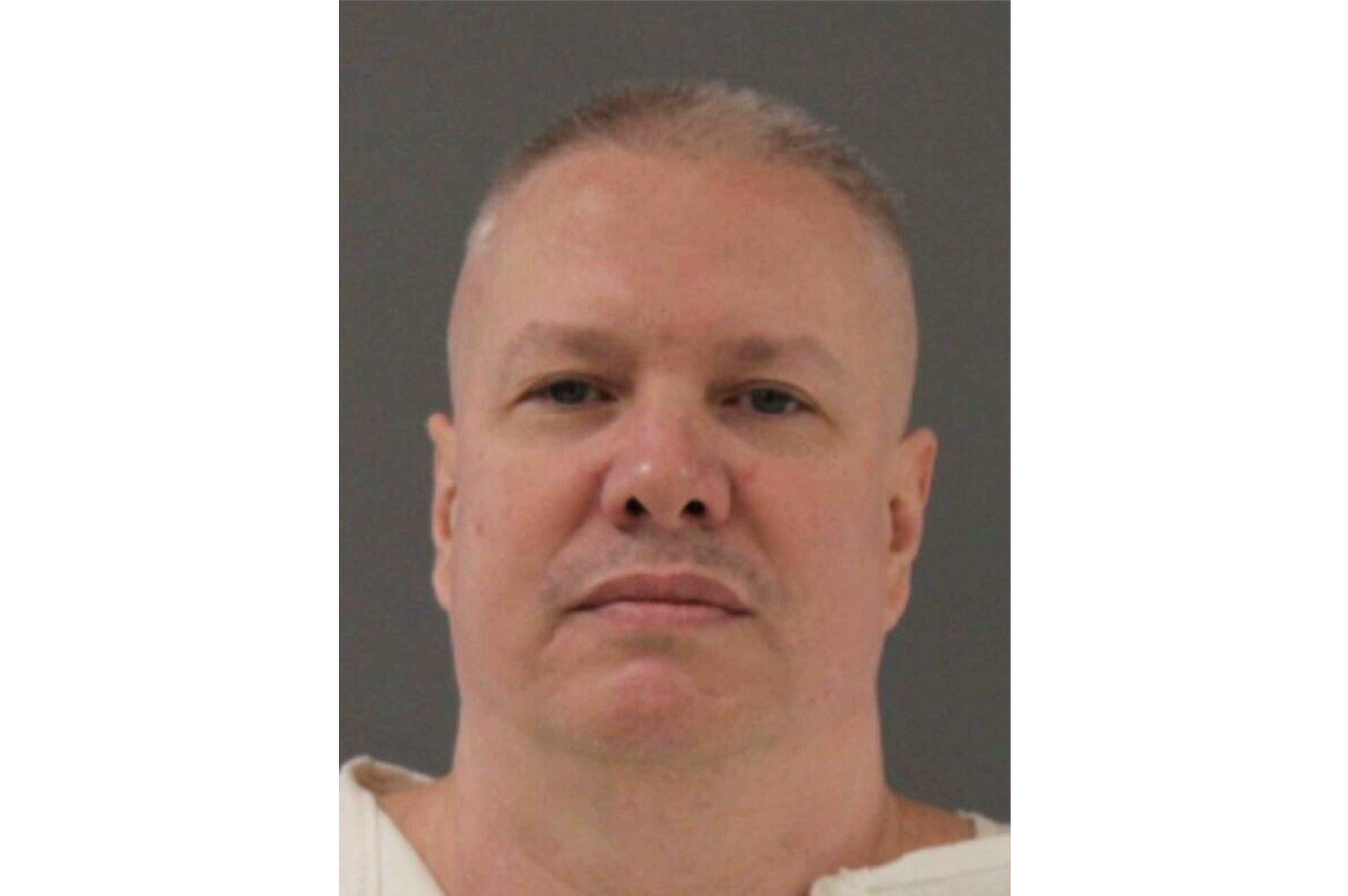Gwinnett man appeals shaken baby conviction citing ‘outdated and unreliable’ evidence

Four dozen forensic experts and the Georgia Association of Criminal Defense Lawyers are asking the state’s top court to hear an appeal of a Gwinnett County man who contends he was wrongly convicted of the 2003 shaken-baby murder of his 2-month-old son.
Danyel Smith, who took the stand at his trial more than 20 years ago, has long contended he did not kill his son Chandler. Last year, he was offered a deal by Gwinnett prosecutors to plead guilty in exchange for a sentence of time-served, meaning he would be released from prison. But Smith refused, saying he would not plead guilty to a crime he did not commit.
On Sept. 26, Superior Court Judge Ronnie Batchelor denied Smith’s extraordinary motion for a new trial. The Georgia Supreme Court has until Nov. 25 to decide whether to hear Smith’s appeal of that decision.
In a court filing, 48 legal scholars with expertise in the role of forensic science in the courtroom said medical and technological advancements show that Smith was convicted on “outdated and unreliable” evidence.
The case presents a vivid illustration of a conspicuous contrast between contemporary scientific understanding and a repudiated previous hypothesis undergirding a flawed criminal conviction,” said the filing by the experts, one of whom is Barry Scheck, co-founder of the Innocence Project.
Smith’s case is among a number of convictions embroiled in a national reckoning over shaken-baby syndrome. There have been a number of exonerations because scientific advances have led to a major shift in how the medical community diagnoses the condition. In fact, a case that was once called shaken baby is now labeled abusive head trauma.
An intense debate has been raging in Texas, where on Friday that state’s Supreme Court cleared the way for the execution of Robert Roberson, who sits on death row for the 2002 shaken-baby murder of his 2-year-old daughter Nikki Curtis. Roberson’s lawyers contend there is overwhelming new evidence that shows their client is innocent, while state experts stand by their shaken-baby syndrome diagnosis. According to media reports, Roberson would be the first person to be executed for causing massive and fatal brain trauma by violently shaking a child.
In its legal brief, the Georgia Association of Criminal Defense Lawyers said Smith was convicted under a scientific theory that has since been discredited.
“The diagnostic approach to shaken-baby syndrome falls within that bygone era of scientific approaches,” the association’s filing said. “Though initially relied upon to explain infant injuries where no external trauma was visible, courts across the nation have called into question its legitimacy in case after case.”
The Gwinnett District Attorney’s Office, which offered Smith the plea deal last year, is asking the Supreme Court not to hear the appeal, which would essentially uphold Smith’s sentence of life in prison.

Scientific studies and evidence presented in a hearing for the new trial motion “did not show the (sic) Chandler Smith was incorrectly diagnosed in 2002 or that the scientific foundations for this conviction, under the specific facts of this case, have been undermined,” the DA’s office said.
If the high court does hear the appeal, the DA’s filing said, “the only valuable precedent that could come out of this case is a statewide ruling that reaffirms speculative theories with little support in the scientific or medical community should be viewed with skepticism by the courts of this state.”
Smith’s attorneys told the court that the new scientific evidence of their client’s innocence is overwhelming.
Moreover, the lawyers said, the order denying the new trial was written by the DA’s office and signed by Batchelor without a single edit. The order was riddled with grammatical errors, legal errors and “clearly erroneous factual determinations,” Smith’s lawyers said. For these reasons, it “is uniquely indefensible and warrants this court’s intervention in this precedential case.”



